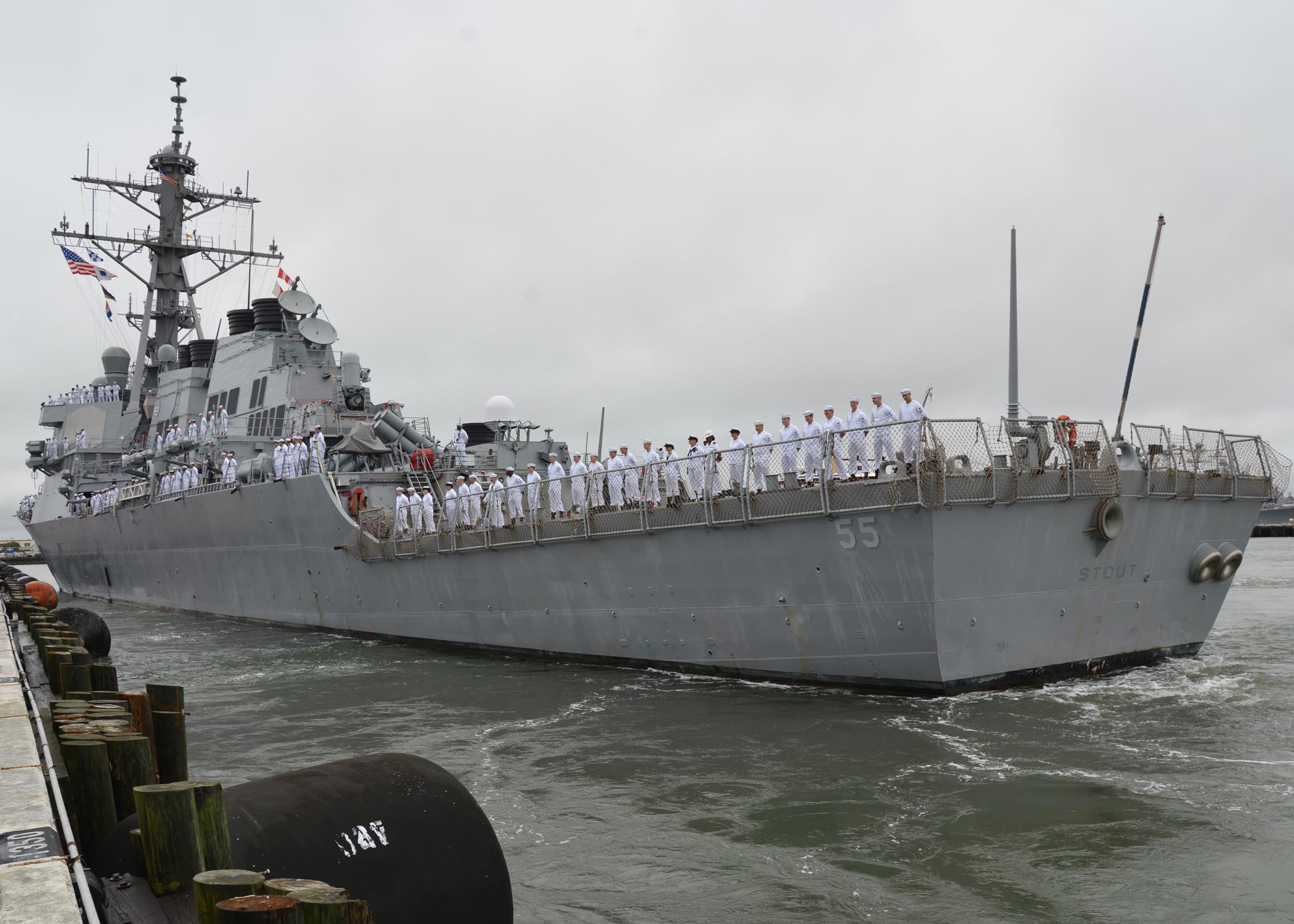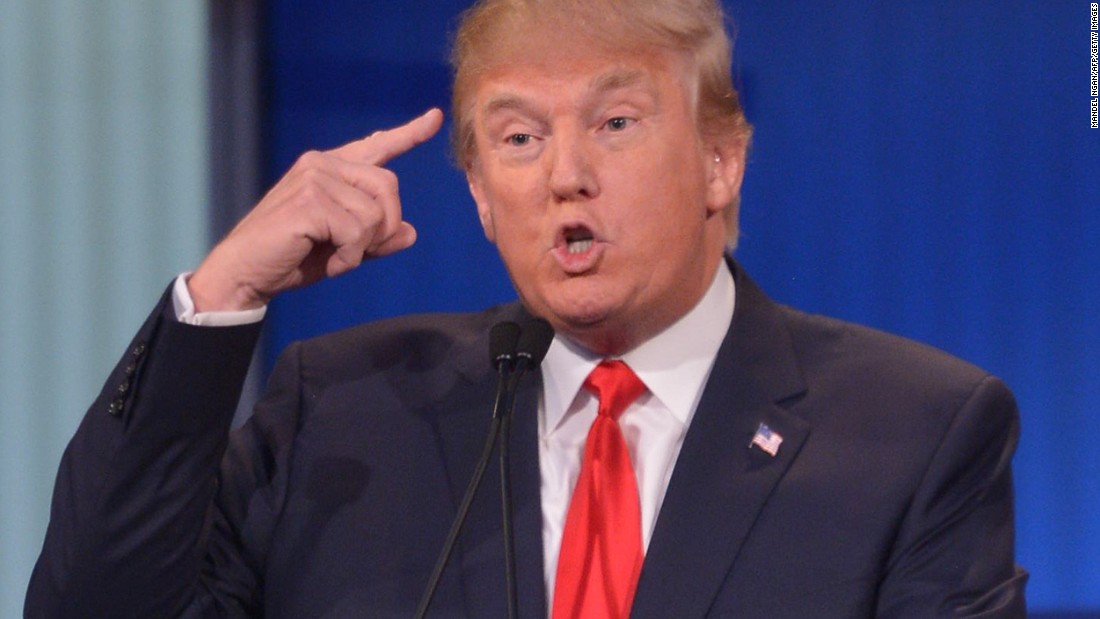
War Talk Grips Iraq As US Carrier Returns To Gulf
Iraqis have endured successive wars but spiralling tensions between Washington and Tehran have many convinced that new conflict looms between their key allies and that they will pay the price.
In Washington, some commentators shrug off the bellicose talk towards Tehran saying it will abate when President Donald Trump reins in his hawkish national security adviser John Bolton to avoid a new — and potentially far larger — foreign military commitment.
But in Baghdad, the Pentagon’s deployment to the Gulf of a carrier group led by the USS Abraham Lincoln accompanied by B-52 bombers has many people persuaded the US threats are very real.
In March 2003, warplanes from the Lincoln flew sortie after sortie over Iraq in the “shock and awe” bombing blitz that signalled the start of the US-led invasion.
The carrier had first deployed to the region in the aftermath of the 1991 Gulf War which ousted Saddam Hussein’s forces from Kuwait.
In May 2003, it was from the Lincoln’s flight deck that president George W. Bush announced the “end of major combat operations” in Iraq in front of a large banner proclaiming: “Mission Accomplished”.
The victory declaration was to prove horribly premature, but to Iraqis the nuclear-powered carrier remains a potent symbol of Washington’s readiness to use its formidable military might.
The Lincoln “does not move just for the sake of exerting psychological pressure”, said civil rights activist Aysar Jarjafji.
“It is deployed for a reason and returns home only when it has accomplished its mission,” she said.
Columnist Hussein Rashid agreed. “There is no question about it, there will be war,” he said.
“And Iraq will be the first loser.
“The Abraham Lincoln bombed Iraq. We have a bad memory of that.”
Taxi driver Abu Hammudi too believes war is coming.
It is Ramadan and the streets of Baghdad are largely deserted during the day as Muslims await the iftar meal that marks the end of their dawn-to-dusk fast.
“The city is empty, it’s like wartime,” he said.
“I remember perfectly well how Baghdad was bombed in 1991. It was a horrific night. No one had expected it to happen but it did.”
Like many taxi drivers in Baghdad, Hammudi drives an Iranian-manufactured yellow Saipa.
The neighbouring countries, which have centuries-old religious and cultural ties, have massively expanded cross-border trade since the US-led overthrow of Saddam’s regime, which fought a devastating 1980-88 war against Iran.
Trump strongly disapproves and has piled huge pressure on Iraq to reduce its economic dependence on it neighbour since he abandoned his predecessor Barack Obama’s 2015 nuclear deal with Iran last year.
But in Iraq, the Trump administration faces the hard reality that US military trainers and contractors work in the same ministries and businesses as those of Iran.
“American interests are present in Iraq and militias linked to Iran are also present here,” said Jarjafji, sipping an after-iftar drink at a Baghdad cafe.
She was referring to Iraq’s Hashed al-Shaabi paramilitary force, which is dominated by Iranian-trained Shiite militias.
Those Iranian military trainers, like their US counterparts working with the regular army, played a major role in helping Baghdad defeat the Islamic State group fighters who overran much of the north and west of Iraq in 2014.
But it those same Iranian-trained militias which Washington said on Thursday pose the “imminent” threat to US personnel in Iraq that prompted the latest military deployments.
Washington has blacklisted Iran’s Revolutionary Guards — the parallel army which provides the training — as a “terrorist” organisation.
Iraqi militia commanders on Thursday dismissed the US allegation as a “provocation” and “psychological warfare”.
And Washington’s assessment of the immediacy of the threat is not shared by all of its allies in the coalition it forged to fight IS.
“There has been no increased threat from Iranian-backed forces in Iraq and Syria,” British coalition spokesman Major General Chris Ghika said on Tuesday.
Iraqi university professor Issa al-Abbadi said he was still hopeful that the realities on the ground would lead moderate voices to prevail.
“There could be a deal. Interests are at stake,” he said of the uneasy coexistence between Washington and Tehran in Iraq.
“Victory in war is in avoiding it.” AFP




